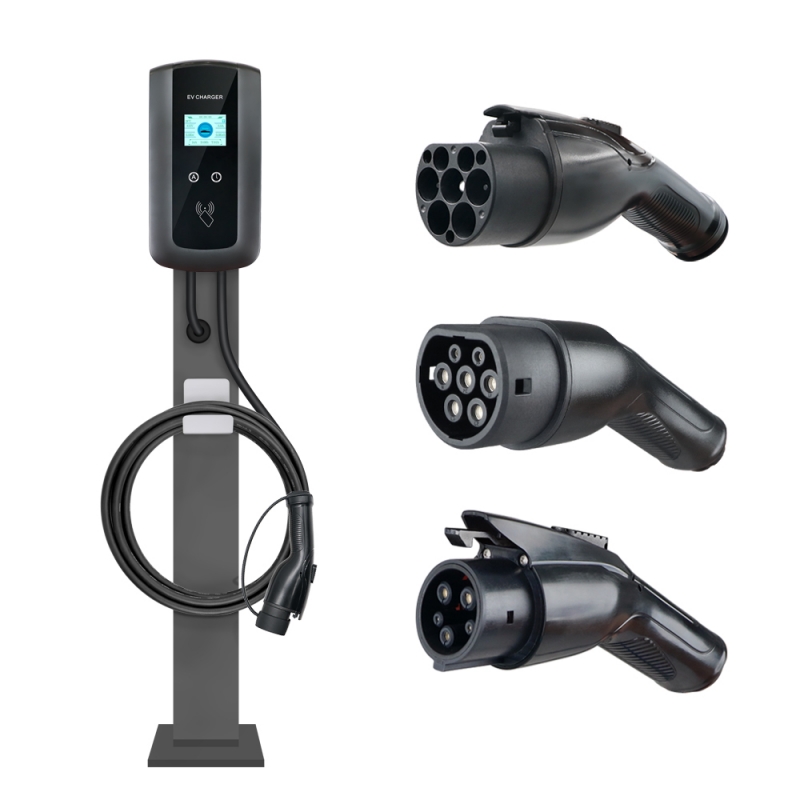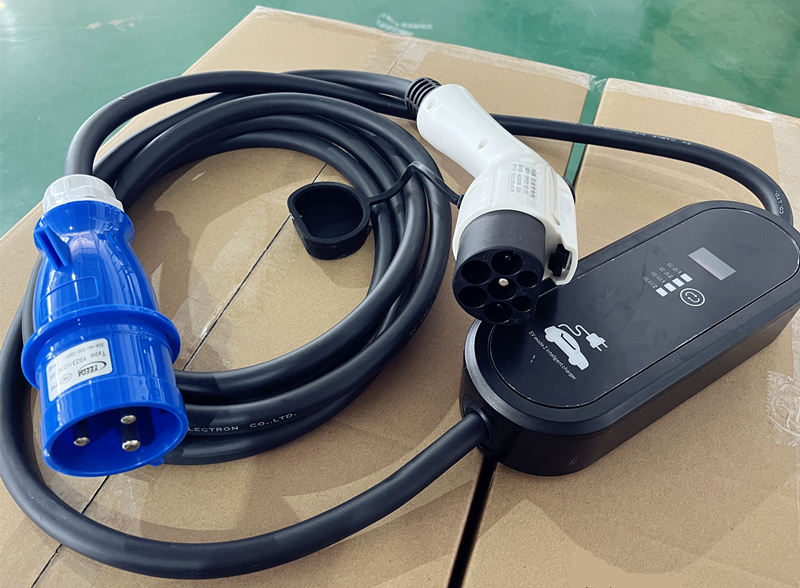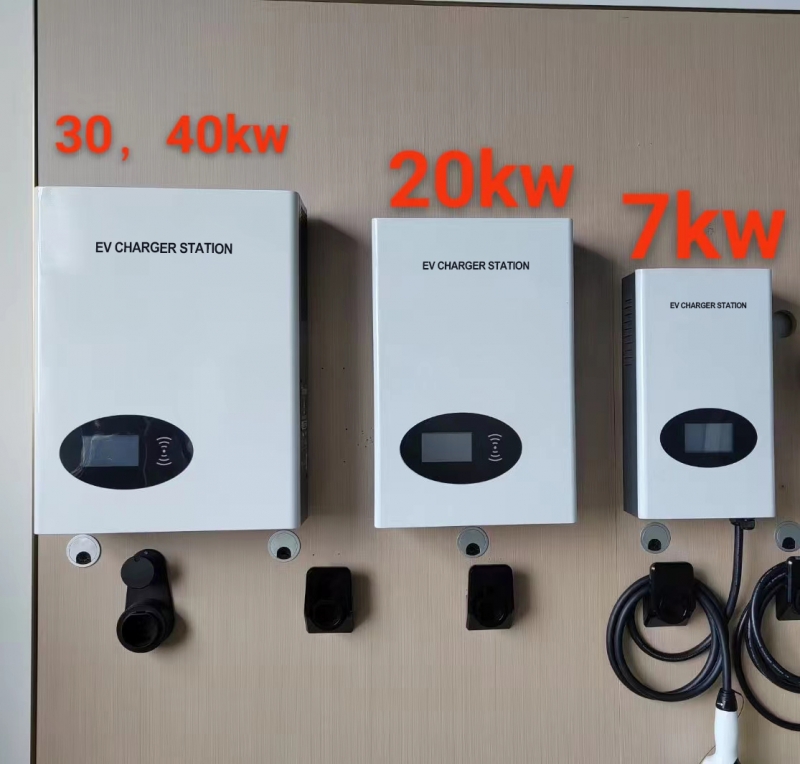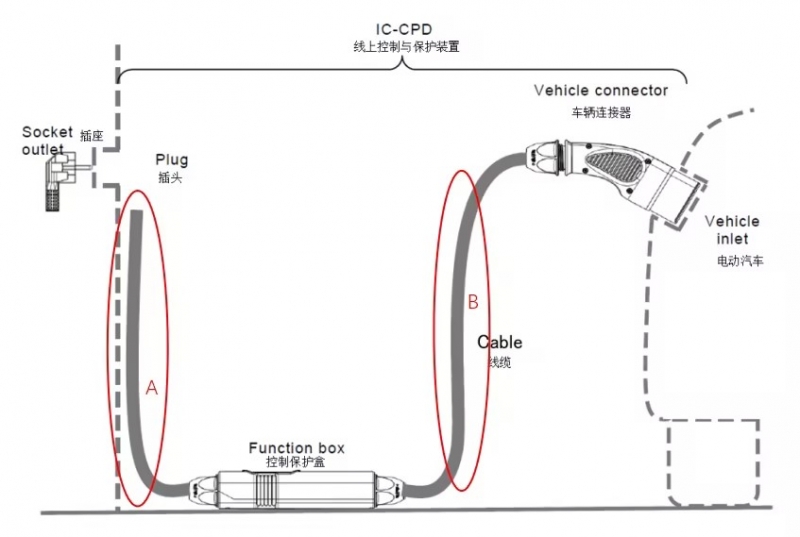What is the difference while choose an ev charger for type 1, type 2, GBT EVs?
The choice of an electric vehicle (EV) charger depends on the type of charging connector your EV uses. Different regions and manufacturers may use various charging standards, including Type 1, Type 2, and GB/T. Here's a breakdown of the differences between them:
Type 1 (SAE J1772):
Connector Type: Type 1 connectors are characterized by a single-phase, five-pin configuration. They are commonly used in North America and some other regions.
Charging Speed: Type 1 connectors are often associated with slower charging speeds, typically used for Level 1 (120V AC) and Level 2 (240V AC) charging.
Application: Commonly found in electric vehicles produced by American and Japanese manufacturers.
Type 2 (IEC 62196-2, Mennekes):
Connector Type: Type 2 connectors have a single-phase or three-phase, seven-pin configuration. They are widely adopted in Europe and becoming more prevalent in other regions.
Charging Speed: Type 2 connectors support a broad range of charging speeds, from slow AC charging to fast AC and DC charging. They are commonly used for Level 2 (AC) and Level 3 (DC) charging.
Application: Commonly found in European electric vehicles and increasingly used as a global standard for AC charging.
GB/T (GB/T 20234.2-2011):
Connector Type: GB/T connectors have a single-phase or three-phase, seven-pin configuration. They are the standard connector used in China.
Charging Speed: GB/T connectors support a range of charging speeds, including slow AC charging and fast DC charging.
Application: Mandatory for electric vehicles in China, and some Chinese manufacturers may use GB/T connectors in their export models.
Considerations when Choosing an EV Charger:
Compatibility:
Ensure that the EV charger you choose is compatible with the charging connector type used by your electric vehicle. For example, if you have a Type 2 vehicle, you need a charger with a Type 2 connector.
Charging Speed:
Consider the charging speed required for your needs. Different EV chargers offer varying power levels, so choose one that aligns with your preferences and the capabilities of your electric vehicle.
Power Supply:
Be mindful of the power supply available at your location. Some regions may have predominantly single-phase or three-phase power, and your charger should match the available power infrastructure.
Smart Charging Features:
Some EV chargers come with smart features, such as scheduling, remote monitoring, and connectivity with mobile apps. Consider whether these features align with your preferences for managing the charging process.
Portability:
If you plan to use the charger at different locations, consider the portability of the charger. Portable chargers are beneficial for those who need flexibility in charging locations.
Future-Proofing:
As the electric vehicle market evolves, it's beneficial to consider whether the charger supports emerging standards or technologies that may become more prevalent in the future.
Always refer to your vehicle's user manual and charging specifications to ensure you choose a compatible and suitable EV charger for your specific electric vehicle model.
Shenzhen Sympres Technology Co. Ltd
a leading supplier of innovative and reliable EV chargers and wallbox chargers
www.symplug.com
Whatsapp: +8613537523979








 Send Email
Send Email Jane_ev
Jane_ev